Are Bulldogs Supposed To Be Fat?
English Bulldogs are a thick, solid breed. There is no question they are supposed to be heavy and dense. However, that does not mean they cannot get overweight. And being overweight comes with a host of health problems such as joint issues and heart problems. Being overly heavy can shorten the lifespan of your Bulldog, and no one wants that. Not sure how to tell if yours is packing some extra pounds? The following are 3 signs your English Bulldog is overweight.
#1 – No Definition
As mentioned above, English Bulldogs are definitely a square, thick breed. However, they should still have definition. Along with a big chest and rib cage, they should slim down a bit at their waist, where their hips are. If your English Bulldog has no waist whatsoever and you can’t feel those ribs at all, he is carrying around a couple extra pounds. Dr. Sophia Yin’s website has a great, easy to follow guide for checking this.
#2 – Unable To Reach That Itch
Does your Bulldog try to scratch his ear and just can’t reach? Or maybe he has no chance of biting himself. Again, you have to take their body shape into consideration, but even English Bulldogs should be able to groom themselves. If they are overly round, grooming is impossible. If that’s the case with your Bully, it’s time to diet.
#3 – Trouble Breathing
Just because your English Bulldog is a brachycephalic dog breed does not mean he should always have trouble breathing. Shortness of breath and being easily worn out can be a sign that your Bulldog is overweight. For example, if your Bulldog stops moving or starts to pant heavily after just walking a block, he may be overweight and out of shape. Consult your vet about a new diet and exercise regimen to get him healthier.
Frequently Ask Questions
More than half of American dogs are overweight or obese, and bulldogs are likely to be part of this trend. Brachycephalic dogs, like Pugs and Bulldogs, are particularly vulnerable to the health risks associated with obesity, as it can lead to trouble breathing. To protect your bulldog, here are some things to keep in mind if your bulldog is overweight or developing extra skin folds.
Is My English Bulldog Fat?
A fully grown male Bulldog typically weighs around 50 pounds, while a female weighs about 40. This is a robust and powerful breed despite their short stature of between 14 to 15 inches. You can use these as a starting point for your dog’s weight goals. Genetics, body type, and stature all have a role in the acceptable weight range.
Bulldogs are built to be heavy and stocky, with a general shape somewhere between a round and a square. Because of this, it might be hard to tell if your bulldog is healthy or not. No matter the breed, your dog’s waist should be narrower than its hips. If your bulldog has the proportions of a sausage, he is overweight.
Extra fat accumulates in rolls on a bulldog’s body. You may notice that your pet is less inclined to scratch or lick certain portions of his body if he has accumulated a lot of fat there. It is possible that your bulldog cannot use his back paws, or any paws, to scratch his ear. He can also have trouble scratching himself in places where he usually uses his teeth. Bulldogs, as a breed, are notoriously loud breathers, and the more they weigh, the more his airways become droopy and constricted.
English Bulldog Weight & Size Chart By Age
All of the measurements and weights in the table below are approximations, as every dog has different factors. You do not need to panic if your bulldog falls just outside or in between these ranges.
| Age | Weight |
| 1 month | 4 – 7 lbs |
| 2 months | 9 – 12 lbs |
| 3 months | 13 – 18 lbs |
| 4 months | 18 – 24 lbs |
| 5 months | 30 – 33 lbs |
| 6 months | 33 – 37 lbs |
| 7 months | 38 – 42 lbs |
| 8 months | 42 – 45 lbs |
| 9 months | 43 – 47 lbs |
| 10 months | 45 – 48 lbs |
| 11 months | 46 – 49 lbs |
| 1 year | 51 – 55 lbs |
| 1.5 years old | 51 – 55 lbs |
| 2 years | 51 – 55 lbs |
Female English Bulldog Weight & Size Chart By Age
| Age | Weight |
| 1 month | 3 – 6 lbs |
| 2 months | 7 – 10 lbs |
| 3 months | 12 – 15 lbs |
| 4 months | 18 – 22 lbs |
| 5 months | 22 – 25 lbs |
| 6 months | 26 – 30 lbs |
| 7 months | 30 – 33 lbs |
| 8 months | 33 – 36 lbs |
| 9 months | 35 – 37 lbs |
| 10 months | 35 – 38 lbs |
| 11 months | 37 – 40 lbs |
| 1 year | 40 – 44 lbs |
| 1.5 years old | 40 – 44 lbs |
| 2 years | 40 – 44 lbs |
How Much Does The Average English Bulldog Weigh?
Each English bulldog will be unique in its final size, but you may get a general idea by looking at the growth and weight chart. At two years of age, your bulldog is likely completely developed. They may be gaining too much weight; thus, it is important to discuss this with your vet.
Estimate the size of your bulldog by looking at his paws. Consider the proportion of your English Bulldog’s paws to the rest of its body. Do their paws seem disproportionately large? This is a common trait among puppies and could mean that they have some more growing to do.
Finally, if you got your bulldog from a breeder, you should ask them how big they usually get. Your breeder should be able to offer you a more accurate estimate of your bulldog’s expected mature size based on information about the size of the dog’s parents and their prior litters. Generally speaking, a dog will not get much bigger than his or her parents, so that should give you a good sense of how big he or she will get as an adult.
What Is The Ideal Healthy Weight For A English Bulldog?
The average height of an English bulldog remains approximately around 16 inches. The female weighs approximately 23 kilograms or about 50 pounds, whereas the male weighs approximately 24 kilograms or 52 pounds.
How Can I Help My Overweight English Bulldog?
Bulldogs are well known for their voracious appetites, and they may be rather greedy when it comes to food. On the other side, Bulldogs are not typically known for their enthusiasm toward physical activity. The primary contributor to obesity in Bulldogs is a combination of factors, the most important of which is an inadequate amount of physical activity. They also acquire weight because of the high-calorie food they eat and the frequent treats they devour.
When a Bulldog is overweight, it can be challenging to get them to reduce weight. Because of their body construction, strenuous or prolonged exercise does not work for this breed. However, the following are some things that you may do to assist your overweight bulldog in becoming more fit.
Keep tabs on their weight, targeting their goal weight based on age and gender. From there alter their diet to better suit their caloric needs. You should look for dog food that is good in quality but low in calories for your pet. Instead of providing your Bulldog two large meals each day, you might consider feeding him several smaller meals throughout the day.
Next, pick healthy treats for our pets, such as fruits and vegetables. Opt for wet food instead of kibble, as it’s fewer carbs and more protein while also adding hydration as well. Additionally, take your dog for long slow walks during cool hours to help them exercise without causing them problems.
Determine whether or not your dog has hypothyroidism as well as any other possible health problems. Hypothyroidism is a condition in which a dog’s thyroid gland cannot produce sufficient amounts of the hormone thyroxine. Talk to your veterinarian, as this can cause excessive weight and other health complications. Your vet can also determine if any other factors are harming your bulldog’s weight.
How Much Should A English Bulldog Eat A Day?
Due to the fact that Bulldogs are quite muscular despite their inactivity, it is imperative that they consume high-quality animal proteins in order to maintain good health. Again, kibble often focuses on carbohydrates and often with many unhealthy fillers. Look for high-quality wet food that can nourish and hydrate your dog.
Bulldogs that are less active and energetic as adults should consume approximately 1,300 to 1,400 calories per day. Young adults that are active should consume approximately 1,500 calories of premium dog food each day. Start by following the feeding guidelines that are provided on the bag of kibble, and then make any necessary adjustments from there based on your vet’s recommendations.
To summarize, a good starting point for feeding a bulldog is approximately three to four cups of high-quality kibble each day, which should be divided into two meals. The amount that you feed your dog might go up or decrease depending on their size, weight, age, and how active they are on a daily basis in general. If you offer your dog a hyper-charged, calorie-packed, grain-free kibble or wet food, you will be able to reduce the amount of food you give them.
Are English Bulldogs Prone To Obesity?
Bulldogs do tend to put on too much weight as they have a hard time exercising. Other dogs such as dachshunds, Labrador retrievers, boxers, Basset Hounds, and pugs are just some of the other dog breeds that tend to put on extra pounds. Brachycephalic dogs, like Pugs and Bulldogs, are particularly vulnerable to the health risks associated with obesity. Sadly, bulldogs tend to put on weight quickly.
Even worse, once a bulldog has gained weight, it is quite hard to get rid of it.
Because of their weak physical structure, Bulldogs cannot play sports or engage in other physically demanding activities. The main cause of obesity in Bulldogs is the imbalance between the amount they consume and the amount of exercise they get.
How Do I Know If My English Bulldog Is Too Fat?
If you are unable to feel his ribs or locate a waistline narrower than his hips, then your bulldog likely has an unhealthy amount of body fat. Also, if he easily becomes winded, snorts more, or has trouble breathing, these could be indications that he needs to reduce his weight. Talk to your veterinarian to ensure there are no health concerns causing issues.
Overweight Breed Informational Pages
- Is My Bulldog Overweight Or Obese?
- Is My Chihuahua Overweight Or Obese?
- Is My Corgi Overweight Or Obese?
- Is My Dachshund Overweight Or Obese?
- Is My Doberman Overweight Or Obese?
- Is My German Shepherd Overweight Or Obese?
- Is My King Charles Spaniel Overweight Or Obese?
- Is My Lab Overweight Or Obese?
- Is My Maltese Overweight Or Obese?
- Is My Pit Bull Overweight Or Obese?
- Is My Pomeranian Overweight Or Obese?
- Is My Rottweiler Overweight Or Obese?
- Is My Shih Tzu Overweight Or Obese?
- Best Joint Supplement for Dogs
- Best CBD Gummies for Dogs
- Goat's Milk for Dogs
- Skin & Coat Supplements for Dogs
- Weight Gain Supplements for Dogs
- Muscle Building Supplements for Dogs
- Heart Supplements for Dogs
- Multivitamins for Dogs
- Pill Pockets for Dogs
- Digestive Enzymes for Dogs
- Turmeric for Dogs
- Liver Supplements for Dogs
- Tear Stain Supplement for Dogs
- Breath Fresheners for Dogs
- Kidney, Urinary, & Bladder Supplements for Dogs
- Stool Eating Deterrent for Dogs
- Eye Supplements for Dogs
- Melatonin for Dogs
- Apple Cider Vinegar for Dogs
- Green Lipped Mussels for Dogs
- L Theanine for Dogs
- Chondroitin Supplements for Dogs
- MSM for Dogs
- Valerian Root for Dogs
- Chamomile for Dogs
- Boswellia for Dogs
- L Tryptophan for Dogs
- Yucca for Dogs
- Licorice Root for Dogs
- Bromelain for Dogs
- Papain for Dogs
- Devil's Claw for Dogs
- Quercetin for Dogs
- Hemp gummy for dogs
- Best Hemp Dog Treats
- Best Hemp Oil for Dogs
- Best Calming Treats, Chews, & Supplements for Dogs
- Best Bone Broth for Dogs
- Best Fish Oil for Dogs
- Best Probiotics for Dogs
- Best Hip Dysplasia Supplements for Dogs
- Best Colostrum for Dogs
- Best Quercetin for Dogs
- Best Greens for Dogs Supplements
- Best Vitamin C Supplements for Dogs
- Best Probiotic for Dog with Allergies
- Best Taurine Supplements for Dogs
- Best Dog Food Toppers
- Best Anal Gland Supplement for Dogs
- Best Dog Probiotic Powder
- Best CoQ10 Supplement for Dogs
- Best Liquid Glucosamine for Dogs
- Best Wrinkle Creams, Balms, and Wipes for Dogs
- Best Puppy Calming Treats
- Best Colloidal Silver for Dogs
- Best Adaptogen Supplements for Dogs
- Best Cognitive Supplements for Dogs
- Best Bee Pollen for Dogs
- Best Vitamin A Supplements for Dogs
- Best Vitamin E Supplements for
- Best Liquid Glucosamine Supplements for Dogs
- Best SAM-e Supplements for Dogs
- Best Hyaluronic Acid Supplements for Dogs
- Best Apple Cider Vinegar Supplements for Dogs
- Best Diarrhea Medicine for Dogs
- Best Milk Thistle for Dogs
- Best Turkey Tail Mushroom Supplements for Dogs
- Best Astaxanthin Supplements for Dogs
- Best Lutein Supplements for Dogs
- Best Electrolyte Supplements for Dogs
- Best Coconut Oil for Dogs
- Best Prenatal Vitamins for Dogs
- Best Puppy Milk Replacements
- Best Iron Supplements for Dogs
- Best Dewormer Products for Dogs
- Best Mange Medications for Dogs
- Best Cough Relief Products for Dogs
- Best Sinus Relief Products for Dogs
- Best Collapsed Trachea Supplements for Dogs
- Best Fireworks Anxiety Relief Products for Dogs
- Best Thunderstorm Anxiety Relief Products for Dogs
- Best Travel Anxiety Relief Product for Dogs
- Best Supplements for a Dog with a Torn ACL
- Best Supplements for a Dog with Patellar Luxation
- Best Supplements for a Dog with Intervertebral Disc Disease
- Best Zinc Supplements for Dogs
- Best Biotin Supplements for Dogs
- Best Tart Cherry Supplements for Dogs
- Best Resveratrol Supplements for Dogs
- Best Ginkgo Biloba Supplements for Dogs
- Best Ashwagandha Supplements for Dogs
- Best Supplements for Dogs with Cushing's Disease
- Best Adrenal Supplements for Dogs
- Best NAD+ Supplements for Dogs
- Best NMN Supplements for Dogs
- Best Supplements for Dogs with Dementia
- Best Supplements for Dogs with CCD(Canine Cognitive Dysfunction)
- Best Fiber Supplements for Dogs
- Best Spirulina for Dogs
- Best Hairball Remedies for Dogs
- Best Eye Drops for Dogs with Allergies
- Best Magnesium Supplements for Dogs
- Best Brushes for Double-Coated Dogs
- Best Dandelion Root Supplements for Dogs
- Best Probiotic for Dogs with Yeast Infections
- Best Flaxseed Oil for Dogs
- Best Chamomile Supplements for Dogs
- Best Lavender Supplements. Treats & Sprays for Dogs
- Best Collagen Supplements for Dogs
- Best Kelp Supplements for Dogs
- Best Activated Charcoal for Dogs
- Best Slippery Elm Supplements for Dogs
- Best Supplements for Dogs with Seizures & Epilepsy
- Best Antioxidant Supplements for Dogs
- Best Ubiquinol Supplements for Dogs
- Best Hormone & Glandular Supplements for Dogs
- Best Thyroid Supplements for Dogs
- Best Iodine Supplements for Dogs
- Best Dog Shedding Supplements for Dogs
- Best Detox Supplements for Dogs
- Best Postbiotics for Dogs
- Best Aspirin Products for Dogs
- Best Dog Anti-Nausea Products
- Best Dog Mouthwashes
- Best Camelina Oils for Dogs
- Best Hemp Seed Oils for Dogs
- Best Natural Anti-Inflammatories for Dogs
- Best Cancer Supplements for Dogs
- Best Sardine & Anchovy Oils for Dogs
- Best Fatty Acid Supplements for Dogs
- Best Chia Seed Supplements & Treats for Dogs
- Best Olive Oils for Dogs
- Best Amino Acid Supplements for Dogs
- Best Moringa Supplements for Dogs
- Best Echinacea Supplements for Dogs
- Best Cranberry Supplements for Dogs
- Best D-Mannose Supplements for Dogs
- Best Nettle Leaf Supplements for Dogs
- Best Marshmallow Root Supplements for Dogs
- Best Astragalus Supplements for Dogs
- Best Pumpkin Seed Supplement for Dogs
- Best Supplements for a Dog Wetting The Bed
- Best Blueberry Supplement for Dogs
- Best Bromelain Supplements for Dogs
- Best Yucca Supplements for Dogs
- Best Ginger Supplements for Dogs
- Best Rosehip Supplements for Dogs
- Best Allergy Medicines for Dogs
- Best Reishi Mushroom Supplement for Dogs
- Best Maitake Mushroom Supplement for Dogs
- Best Chaga Mushroom Supplement for Dogs
- Best Shiitake Mushroom Supplement for Dogs
- Best Cordyceps Mushroom Supplement for Dogs
- Best Lion's Maine Supplement for Dogs
- Have question? - Ask in our Dog Health Forum
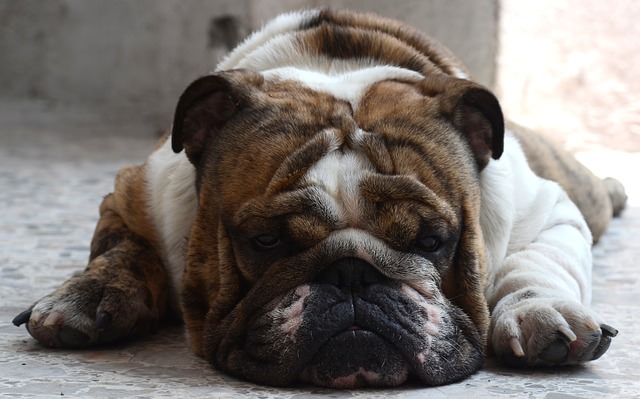



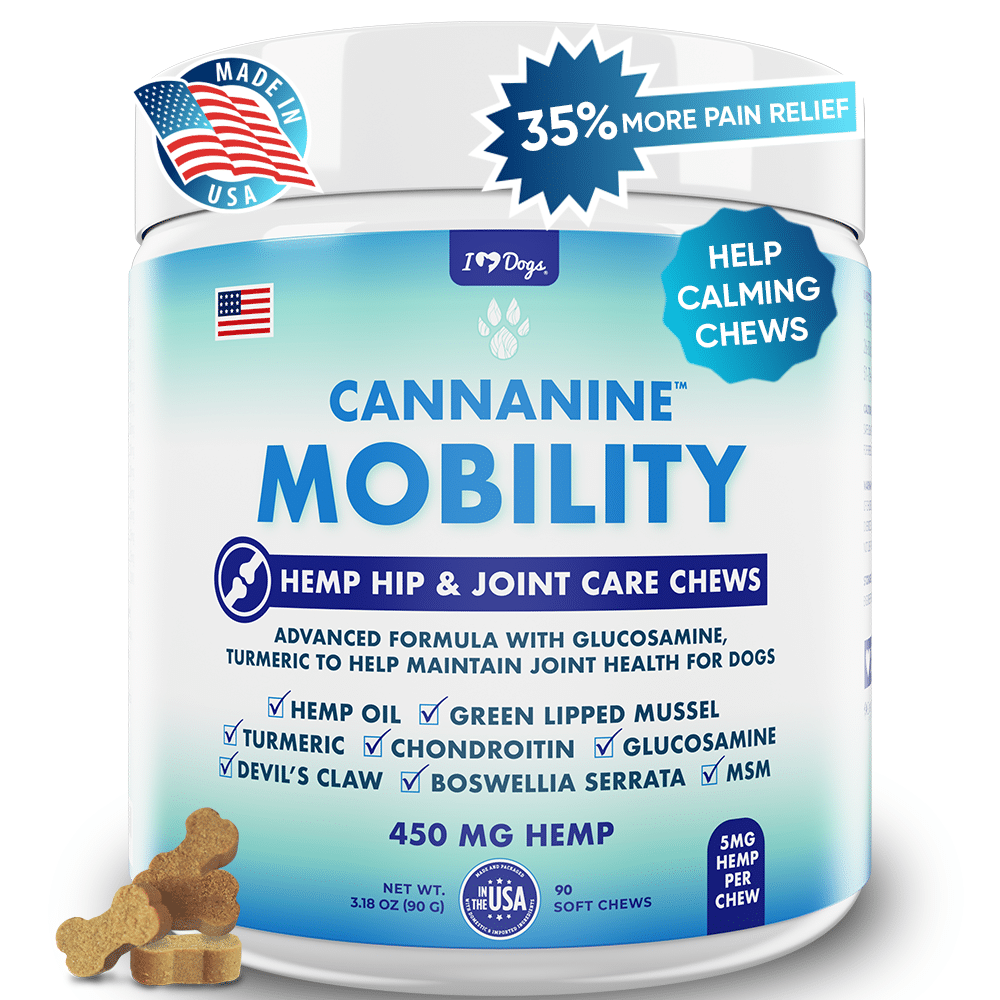
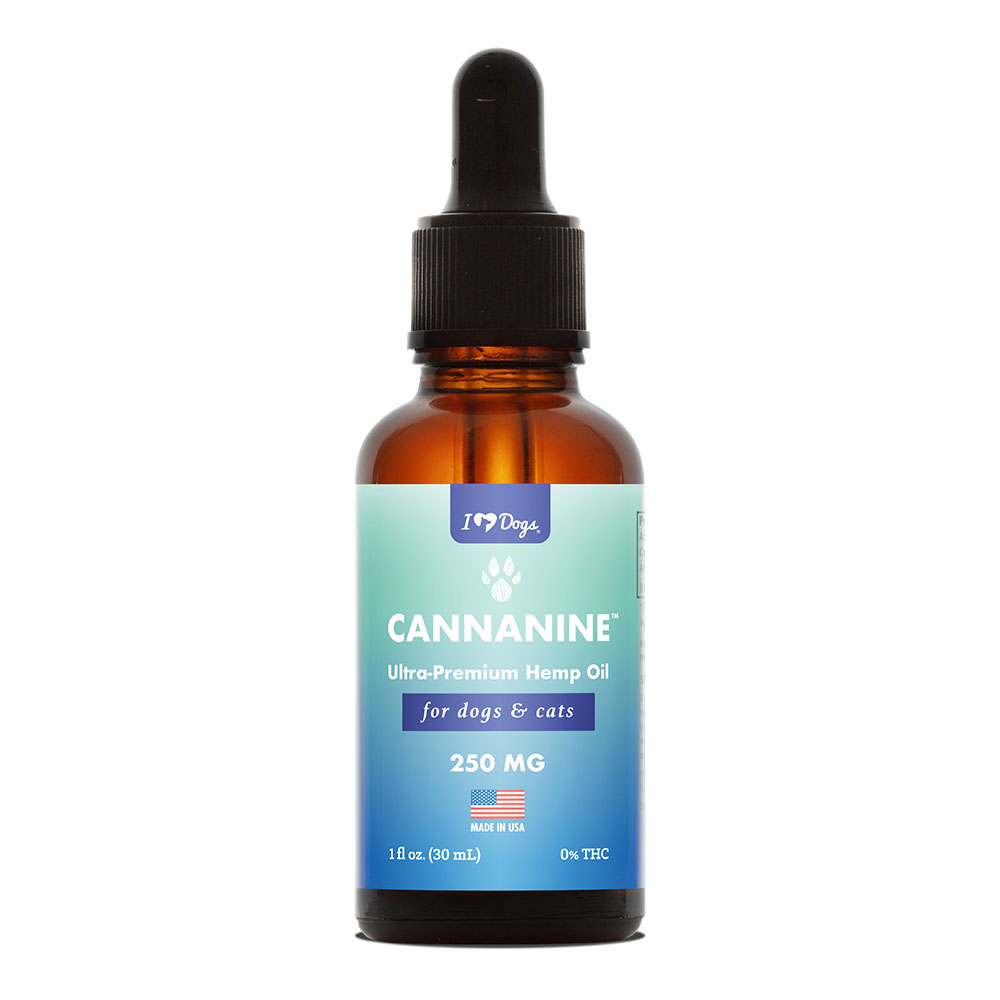
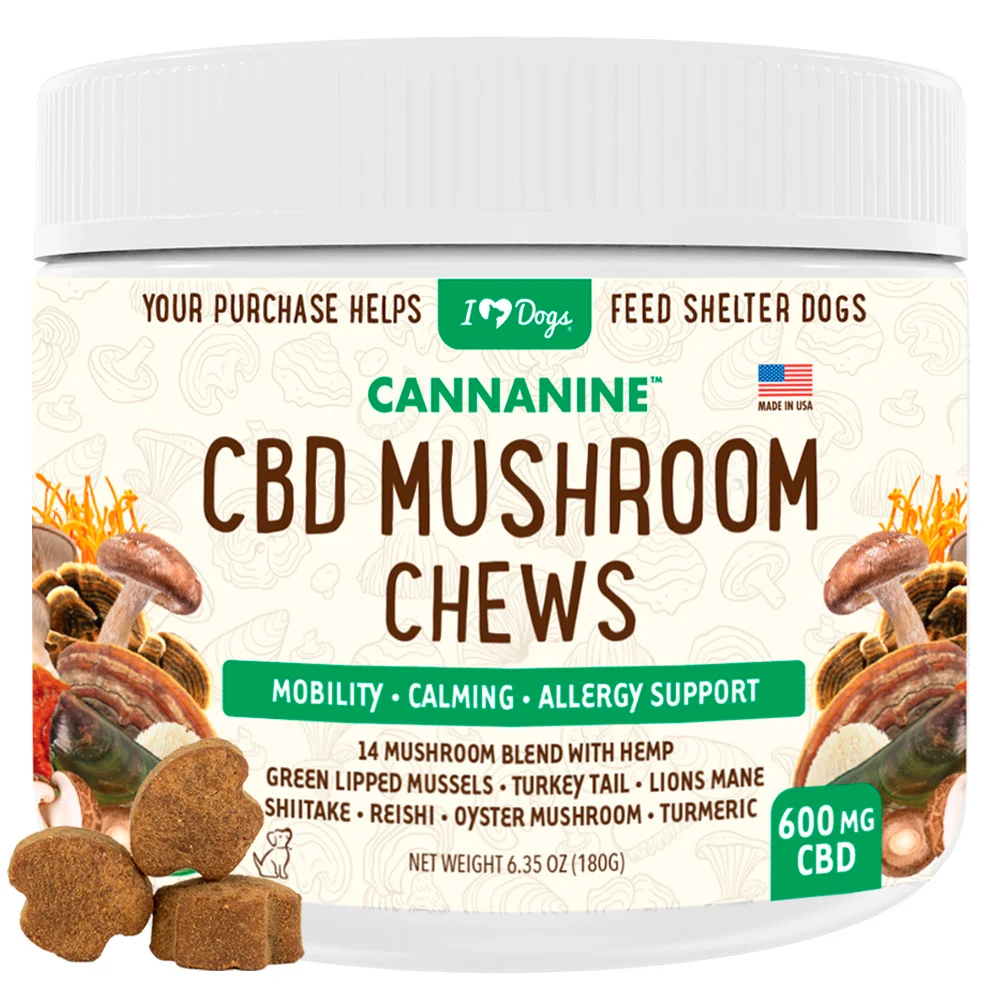

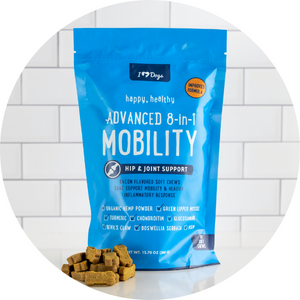
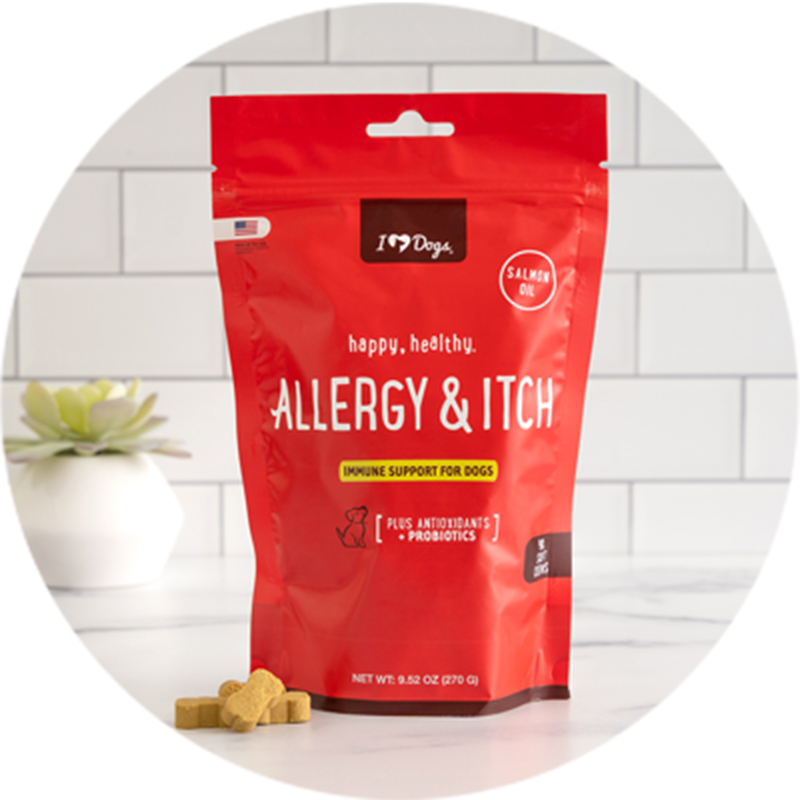
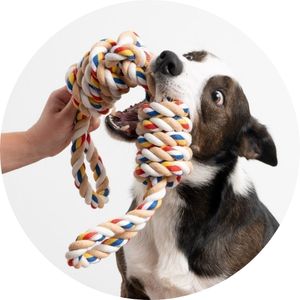
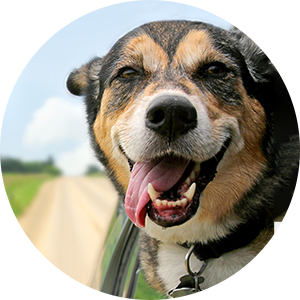
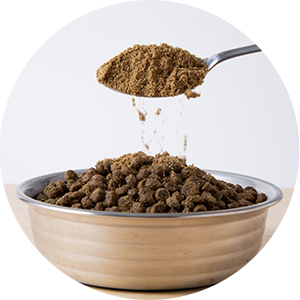
 Toledo, United States.
Toledo, United States.